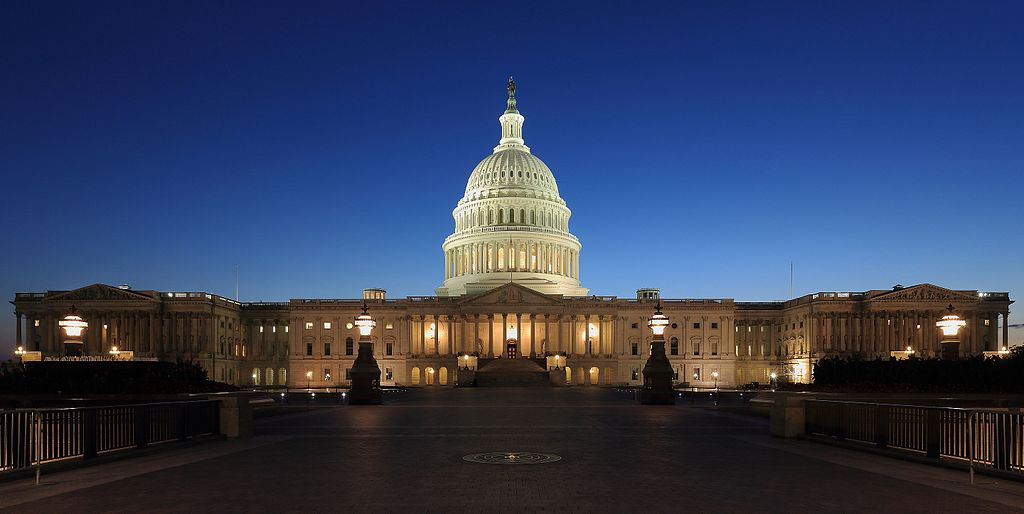
RadWaste Monitor Vol. 16 No. 34
Visit Archives | Return to Issue PDF
Visit Archives | Return to Issue PDF
RadWaste & Materials Monitor
Article 1 of 6
September 08, 2023
Continuing resolution would take nuclear-energy budget boost off table; defense bill stalemate stalls nuke-policy reforms

With less than a month left until fiscal year 2024 begins, the White House has asked Congress for a short-term continuing resolution to freeze federal budgets at 2023 levels.
Media reported last week that leaders in the House and Senate have remained open to the…
Partner Content